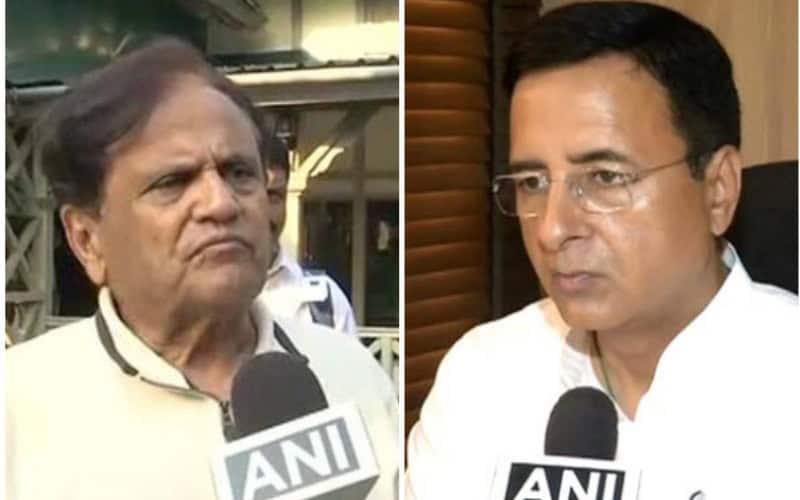New Delhi: The Bharatiya Janata Party (BJP) has unleashed a defacto financial emergency which has put the country’s reputation and credibility at stake, said senior Congress leader Ahmed Patel while reacting on the sudden resignation of Reserve Bank of India (RBI) Governor Urjit R. Patel.
There have been reports in the past few months about Urjit Patel considering resignation following a rift with Finance Minister Arun Jaitley. In response to the media reports, the Finance Ministry on October 31 clarified that the government holds “extensive consultations with the RBI from time to time”.
Terming RBI Governor’s resignation a blot on India’s monetary and banking system, Ahmed Patel reacted: “BJP government has unleashed a defacto financial emergency. The country’s reputation and credibility are now at stake.”
Echoing similar sentiments, Congress spokesperson Randeep Singh Surjewala also said, “Integrity of another institution, RBI, stands denigrated by a tyrannical Modi regime as reflected in RBI Governor’s unceremonious exit. Economic anarchy, compromising India’s monetary policies and attempting to stifle RBI’s independence by Government appointed puppets is the DNA of BJP!”
Urjit Patel on Monday resigned from the post of RBI’s Governor. He cited personal reasons behind stepping down from his current position. He said, “On account of personal reasons, I have decided to step down from my current position effective immediately. It has been my privilege and honour to serve in the Reserve Bank of India in various capacities over the years. The support and hard work of RBI staff, officers and management has been the proximate driver of the Bank’s considerable accomplishments in recent years. I take this opportunity to express gratitude to my colleagues and Directors of the RBI Central Board, and wish them all the best for the future.
The speculations about everything not being hunky-dory between Centre and RBI started pouring in after Centre invoked Section 7 of the RBI Act, which allows it to issue directions to the central bank governor on matters of public interest.
On December 5, however, Urjit Patel refused to take any questions about the central bank’s alleged rift with the Union government, including the invocation of Section 7 of the RBI Act earlier this year.
“I would avoid those questions because we are here discussing the monetary policy resolution,” he said when asked about Section 7 of the RBI Act during a media conference after the bank’s bi-monthly meeting of the Monetary Policy Committee (MPC) in Mumbai.
The Government in August 2016 had appointed Urjit Patel as the new RBI Governor. Prior to his elevation, he was serving as the Deputy RBI chief.
Patel was India’s 24th RBI Governor and was appointed for a term of three years starting September 4, 2016.
[source_without_link]ANI[/source_without_link]

